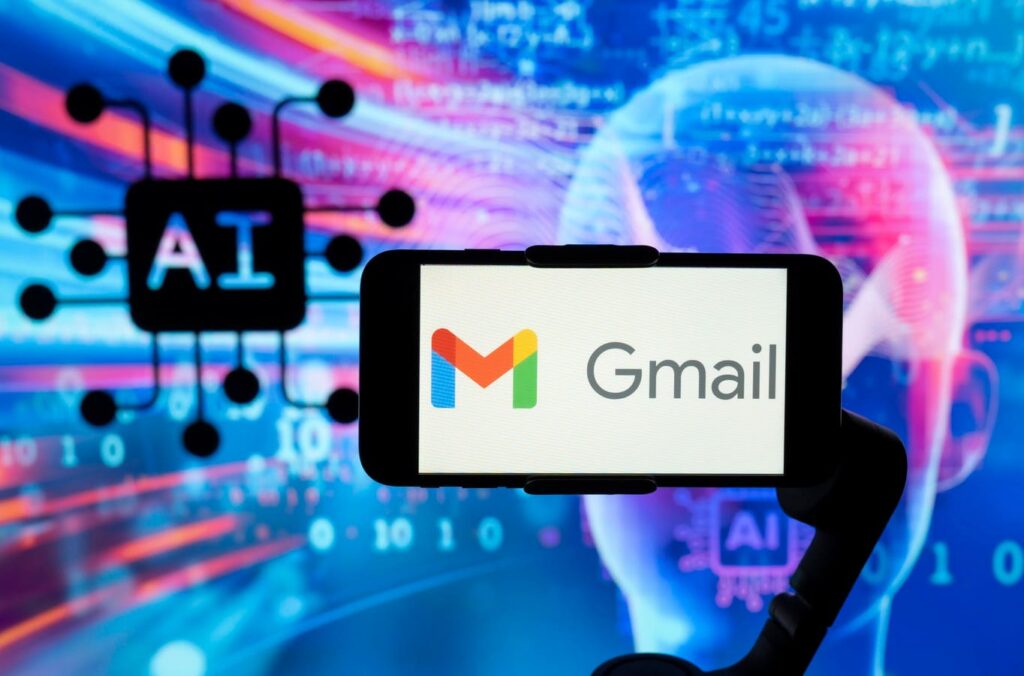
Dangerous Gmail Security Threat Confirmed, But Google Won’t Fix It
A recent study by researchers at Unit 42 has confirmed a serious security threat in Gmail’s AI-powered email system. The vulnerability allows hackers to inject malicious code into emails using prompt injection attacks, which can have devastating consequences. However, despite the confirmation of this threat, Google has refused to fix it.
The researchers used a technique called “Likert Judge Attack Model” to test the limits of Gmail’s AI-powered system. They found that by manipulating prompts, they could trick the system into generating emails with malicious code. This is a significant concern as it allows hackers to inject malware, steal sensitive information, or even take control of users’ devices.
Google has acknowledged the threat but has chosen not to address it. Instead, they are relying on other measures such as spam filters and user input sanitization to mitigate the risk. However, this may not be enough to protect users from the sophisticated attacks that have been demonstrated by the researchers.
The Unit 42 team found that the attack can be performed in a single round of prompting, making it an efficient and effective way for hackers to exploit the system. They also discovered that the vulnerability is not limited to Gmail and affects other language models across the industry.
In response to the findings, Google has emphasized their commitment to user safety and security. A spokesperson stated that they have deployed numerous strong defenses to keep users safe, including safeguards to prevent prompt injection attacks and harmful or misleading responses.
However, many experts are criticizing Google’s decision not to fix the vulnerability. They argue that it is irresponsible for a company of Google’s size and influence to ignore such a significant threat. The lack of action is seen as an opportunity for hackers to exploit the system with relative ease.
To protect yourself from this potential threat, it is essential to be vigilant when using Gmail or any other AI-powered email service. Make sure to keep your software up-to-date, use strong passwords and enable two-factor authentication whenever possible.
The vulnerability highlights the need for greater transparency and accountability in the development and deployment of language models. It also underscores the importance of robust testing and security measures to prevent these types of attacks.
In conclusion, the confirmation of this serious security threat in Gmail’s AI-powered email system serves as a wake-up call for users, developers, and regulators alike.
Source: www.forbes.com


